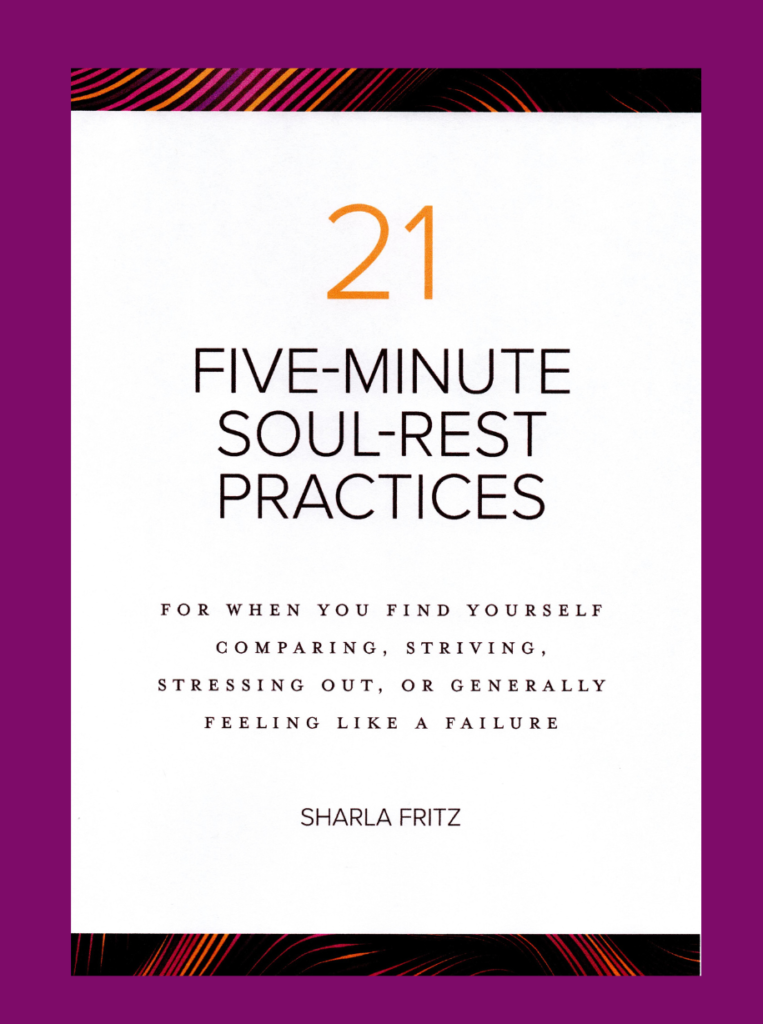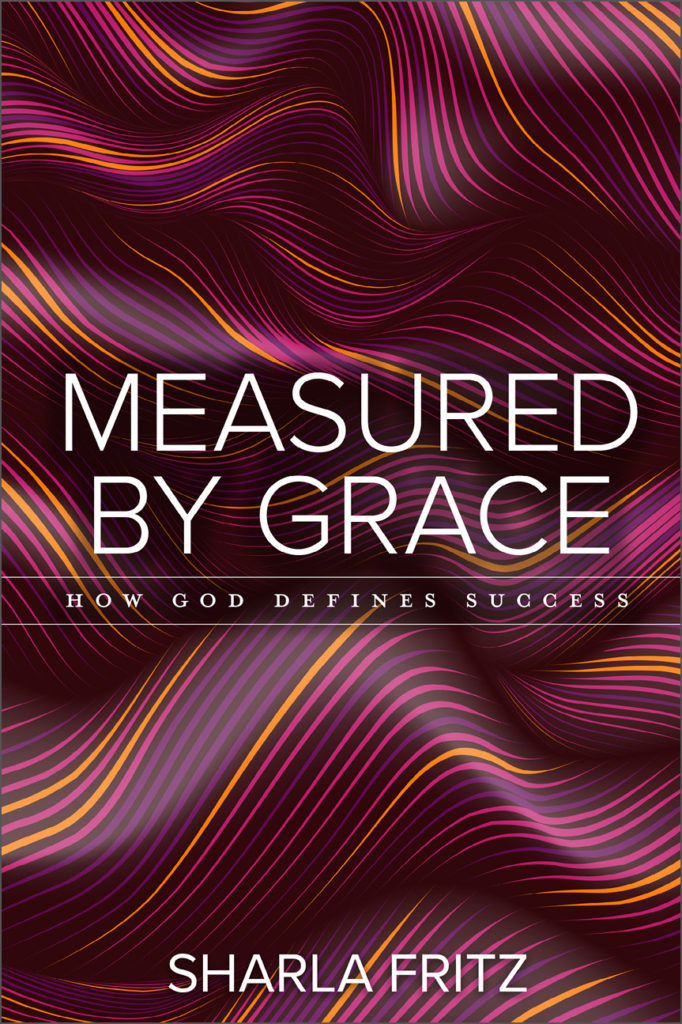
Sometimes I have a hard time accepting God’s plan for my life. You too?
I remember a conversation I had with my daughter as I was tucking her into bed when she was about four. I said something like, “Anna, you are getting so big! Pretty soon you’ll be all grown up!”
And Anna, very serious at the thought of being an adult, looked at me and said, “Mom are there any houses on our street that are empty?” Awww…my daughter wanted to live close to me when she grew up.
So imagine my surprise when she got married and moved to—China!
Let me tell you I did not take this news well. Especially because not only did Anna and her husband move 7000 miles away—they had the audacity to take my grandchildren with them. No more chasing giggling toddlers through the halls, snuggling on the couch with them reading storybooks, or laughing along with Winnie-the-Pooh videos. Now my husband John and I had to settle for playing peek-a-boo on Skype and getting pictures of our grandchildren through email. As a result, I was about as upbeat as Eeyore on life-support.
Lately I’ve been studying the life of Mary, the mother of Jesus, and I was struck by how she willingly accepted God’s plan for her life. When the angel Gabriel came to tell her that she was going to be the mother of Jesus, she questioned how that was going to happen because she was a virgin, but she didn’t complain that being pregnant before marriage was going to make life difficult. She didn’t whine about being the subject of gossip. She didn’t even bring up the point that her fiance Joseph would surely not believe her strange story about an angel and a virgin pregnancy.
Mary simply said yes to God’s plan.
And because I was struggling with saying yes to God’s plan for my life I wondered: How was she able to do that?
When I examine Luke’s Gospel, I see three reasons she was able to accept God’s plotline for her story.
Mary Believed God Was With Her
First, I think she could say yes because she believed Gabriel’s words, “Greetings, O favored one, the Lord is with you!” (Luke 1:28). She believed that God was right there with her.
I wonder if she felt God’s presence at that moment. Seeing a heavenly being, hearing God’s words to her—it’s hard for me to imagine she didn’t have a sure sense of His love in that moment. In time held still, with God’s presence all around her and His love shining into her heart, all of the possible consequences of rejection and ridicule faded away. She said yes to God’s plan because she trusted that God was with her. And she knew that if God was holding her hand, she could get through anything.
But even when we don’t feel God’s presence, we have the promise that He is always with us. That same Messiah that Mary trusted and carried, promises all of us in Matthew 28:20,
“I am with you always, to the end of the age.”
Gradually, I learned to say yes to God’s plan for my daughter and her family even though I wish they weren’t so far away. I’ve been learning to say yes because I am trusting the Lord is with me. If I hold onto God’s hand I can say yes, because He is with me–and with them.
We can say yes to God’s plan when we trust that He will walk beside us.

Mary Said Yes With Humility
Secondly, Mary could say to God’s plan because of humility.
Mary was given a difficult situation. She was asked to yes to a plan that included being pregnant before marriage. This plan came with a certain dose of humiliation. She probably heard whispers of, “What a tramp!” and “Joseph deserves so much better” as she walked the streets of Nazareth. And yet Mary said yes to God’s plan.
Listen to her words from Luke 1:
“My soul magnifies the Lord,
and my spirit rejoices in God my Savior,
for he has looked on the humble estate of his servant.”Luke 1:46-47
Mary magnified the Lord–not herself. She rejoiced in God–not in her superior plan. She talked about her humble estate–not how she deserved better.
Sometimes I’m tempted to think that it was easy for Mary to yes to God’s plan. After all she was selected for the most special role any woman could have—she was going to be the mother of the Savior. Who wouldn’t want to be the most special?
But think about it—very few people during Mary’s lifetime truly understood her unique calling. Most people would have seen her either as a tramp, someone who violated God’s laws, or as a crazy person, someone claiming to have a virgin birth.
And that’s why it’s so amazing that she responded to Gabriel with the words, “Let it be to me as you have said.” Her humility enabled her to say yes to God.
Mary Saw Her Humble Life As A Part of God’s Grand Plan
Thirdly, Mary was able to say yes to God because she understood her small life was a piece of God’s big plan.
Perhaps you also struggle with accepting life as it is right now. Sometimes it’s hard to say yes to God’s plan because we wish for a bigger stage or a heftier reward. We want something more exciting or more romantic or more beautiful. Life just seems so—ordinary.
You may feel like you are nothing special. But the Bible tells us that each of us has been selected for a unique calling (Ephesians 4:10). Only one woman is mother to your children. Only one woman is the wife of your husband. Only one woman can minister to the needs of your church with your specific God-given gifts. Only one woman can reach into your world with your particular skill set.
When we feel ordinary we need to remember that is not how God sees us.
God sees you as special. God sees you as unique. God sees you as a one-of-a-kind person with a one-of-a-kind life.
All those tears you wipe away, all those dishes you wash, all those memos you type all add up to one incredible life when you see them through God’s eyes.
We can say yes to God when in humility we see our small lives as an essential part of God’s grand plan.
Next step: What is God asking you to say yes to? What from Mary’s story will help you say yes to His plan? His presence? Humility? Realizing your life is a part of God’s grand plan? Write a prayer expressing all your feelings to the One who loves you.















Follow Me!